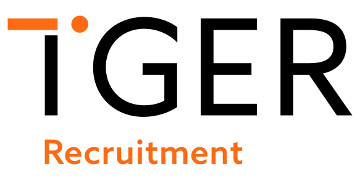According to a new report from McKinsey & Company, a further nine in 10 CEOs surveyed reported challenges in executing their DEI strategies in this time.
Despite budgets cuts elsewhere, two in five companies globally have said they are expanding investment in DEI programs.
Yet employees, especially those from more diverse backgrounds and working parents, are still struggling with pandemic-related challenges, and only one in six diverse employees feel more supported now than they did before the outbreak.
Women, for example, are facing disproportionate stress, and are 1.5 times more likely than men to cite challenges pointing to a “double shift” – i.e. feeling mental health challenges on top of increased household responsibilities.
LGBTQ+ employees are experiencing fears of isolation more acutely than their straight, cisgender colleagues. Respondents from this group were also 1.4 times more likely to report
challenges with fair performance reviews and workload increases.
People of colour (POC) have work safety and career prospects at the fore of their challenges – a disparity particularly shown in the US as POC were 2.2 times as likely to flag concerns related to career progression than their white American colleagues.
And working parents are more likely to experience issues with mental wellbeing and increased workloads than employees without children.
Employees overall were pessimistic about challenges being resolved by their employer anytime soon.
McKinsey reported that a larger share of employees expected workload increases to be a continuing challenge beyond COVID-19 - in the top 10 expected challenges for the next three months, it jumped into the top three in expectations for the next six months.
The report stated that these expectations present leaders with the opportunity to “build a more equitable and inclusive workplace that will strengthen their organisations far beyond COVID-19.”
Authors recommended that companies prepare for factors set to have a long term disproportionate impact on diverse populations. This includes ongoing mental health challenges, school closures, and lack of access to offices and in-person interaction.
Concluding the report, the authors wrote: “It is clear that diverse employees are bearing a disproportionate burden during the COVID-19 crisis. Now is the time for companies and leaders to seize the moment by providing needed support.
“In a turbulent year like no other, there has never been as universal a need to reimagine working norms for all employees. Leaders must commit to building a more equitable and inclusive workplace to ensure a positive recovery for all.”











